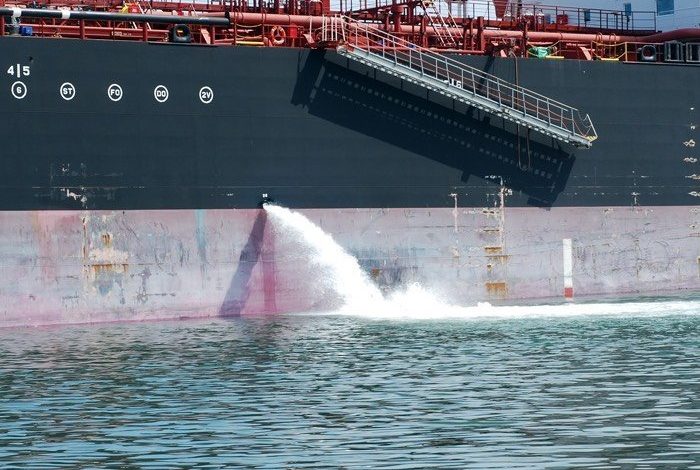ICS urges IMO to delay ballast water implementation by two years

The International Chamber of Shipping (ICS) has urged the International Maritime Organization (IMO) to back a proposal from a broad coalition of governments concerning the implementation dates for installing new ballast water treatment systems.
“If this pragmatic proposal is agreed, this would allow shipping companies to identify and invest in far more robust technology to the benefit of the marine environment,” said ICS secretary general, Peter Hinchliffe.
ICS says that this IMO decision on dates, to be taken by a meeting of the Marine Environment Protection Committee during the first week of July – just two months before the entry into force of the IMO Ballast Water Management (BWM) Convention on September 8 this year – will be critical, having significant implications for around 40,000 existing ships.
The BWM Convention, as currently drafted, requires existing ships to retrofit the complex new systems by their first International Oil Pollution Prevention (IOPP) survey following the global entry into force of the new regulations.
Under a proposal by Brazil, Cook Islands, India, Norway, Liberia and the United Kingdom, implementation would be delayed for existing ships by pushing back the date they are required to start fitting ballast water management systems by a further two years to the date of their first IOPP renewal survey on or after September 8 2019. This would extend the date by which all ships must have installed a system to 2024 from 2022.
This proposal is fully supported by ICS and its member national shipowners’ associations.
ICS insists there is no logic, from an environmental protection standpoint, in requiring thousands of ships in the existing fleet to comply until they can be fitted with systems that have been approved under the more stringent type-approval standards which were only adopted by IMO in 2016 and which are about to be included in what will soon become a mandatory Code for Approval of Ballast Water Management Systems.
ICS says that apart from the possible shortage of shipyard and manufacturing capacity to retrofit around 40,000 systems, many shipping companies face difficult decisions.
“They will potentially be required to install expensive new equipment that may not be guaranteed to operate correctly in all of the normal operating conditions they would reasonably be expected to face when ballasting and de-ballasting during worldwide service. These decisions are all the more difficult if the ships are approaching the end of their typical 25-year life,” ICS noted in a release today.
“It is vital that IMO makes a definite decision about the implementation schedule at its meeting in July so that shipping companies have absolute clarity and can take sensible decisions about when to install these high cost systems in the best interests of the environment,” said Hinchliffe.

What’s another two years. Transferred pollution by ballast water has been discussed amongst a variety of authorities since the sixties and probably before that. The seahorse has already bolted, surely it’s too late to shut the door?